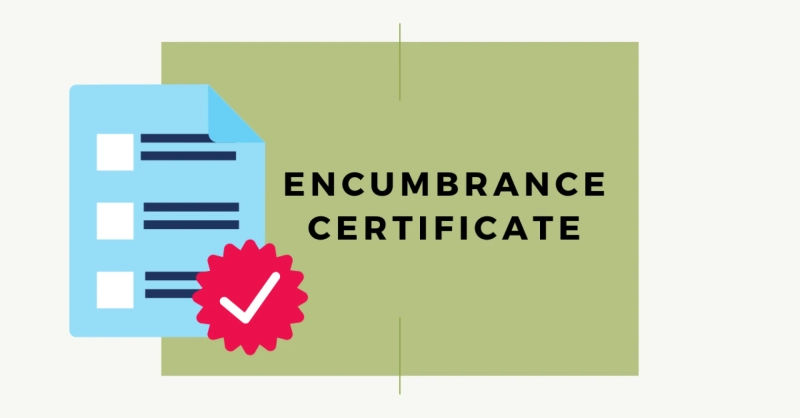In the realm of property ownership and real estate transactions, the term "encumbrance certificate" holds significant weight. Often overlooked or underestimated, this document plays a crucial role in safeguarding one\'s interests and ensuring a smooth transfer of property. Whether you\'re buying, selling, or simply seeking to validate the legal status of a property, obtaining an encumbrance certificate is a prudent step towards securing your future.
Understanding Encumbrance Certificate:
An encumbrance certificate is a legal document issued by the relevant government authority, typically the Sub-Registrar\'s office, that serves as evidence of a property\'s free title and ownership. It essentially indicates that the property in question is free from any monetary or legal liabilities, such as mortgages, liens, or pending litigations, during a specific period. This period usually extends back several years, providing a comprehensive overview of the property\'s history.
Importance of Obtaining an Encumbrance Certificate:
1. Verification of Title:
One of the primary purposes of an encumbrance certificate is to verify the title of the property. By examining the document, prospective buyers can ensure that the seller has clear and marketable ownership rights to the property, free from any encumbrances or disputes. This verification is essential for avoiding potential legal complications or financial liabilities in the future.
2. Due Diligence in Property Transactions:
In real estate transactions, due diligence is paramount. Obtaining an encumbrance certificate is a crucial aspect of due diligence, as it enables buyers to assess the property\'s history comprehensively. Any encumbrances or legal issues disclosed in the certificate can inform the buyer\'s decision-making process and mitigate risks associated with the transaction.
3. Securing Financing:
For individuals seeking financing or loans for property purchase or development, banks and financial institutions often require an encumbrance certificate as part of the loan application process. Lenders rely on this document to evaluate the property\'s marketability and assess the risk associated with extending credit. A clear encumbrance certificate can expedite the loan approval process and instill confidence in the lender.
4. Prevention of Fraudulent Practices:
Instances of property fraud and misrepresentation are not uncommon in the real estate sector. Dishonest sellers may attempt to conceal existing encumbrances or legal issues associated with the property to facilitate a sale. By obtaining an encumbrance certificate, buyers can safeguard themselves against such fraudulent practices and ensure transparency and legality in the transaction.
5. Legal Compliance and Documentation:
From a legal perspective, the possession of an encumbrance certificate demonstrates compliance with regulatory requirements and documentation standards. It serves as tangible evidence that the property transaction adheres to the prescribed legal framework, thereby mitigating the risk of future legal disputes or challenges to ownership.
6. Peace of Mind:
Ultimately, obtaining an encumbrance certificate provides peace of mind to all parties involved in a property transaction. Whether you\'re a buyer, seller, or lender, having clarity regarding the property\'s title and legal status instills confidence and eliminates uncertainties. It ensures that the transaction proceeds smoothly, with minimal risk of unforeseen complications or setbacks.
Process of Obtaining an Encumbrance Certificate:
The process of obtaining an encumbrance certificate typically involves submitting a formal application to the Sub-Registrar\'s office or the relevant authority responsible for property registration. The application should include details such as the property\'s address, survey number, and the desired timeframe for which the certificate is required. Upon verification of the records, the authority issues the encumbrance certificate, which can be collected in person or delivered through mail.
Conclusion:
In the intricate landscape of real estate transactions, an encumbrance certificate serves as a beacon of transparency and legality. Its significance extends beyond mere documentation; it is a testament to the integrity of property ownership and a shield against potential risks and uncertainties. Whether you\'re embarking on a property purchase, sale, or financing endeavor, obtaining an encumbrance certificate should be an integral part of your strategy for securing your future in the realm of real estate. By prioritizing due diligence and adherence to legal protocols, you can navigate the complexities of property transactions with confidence and peace of mind.



